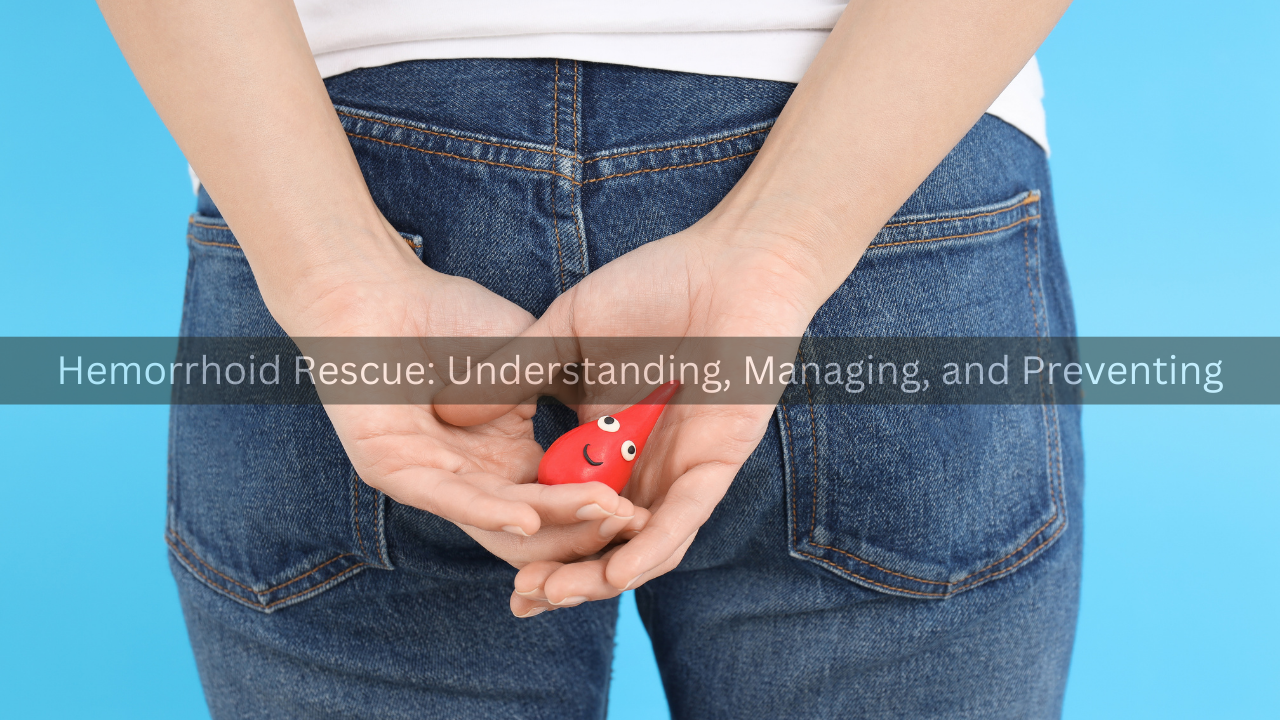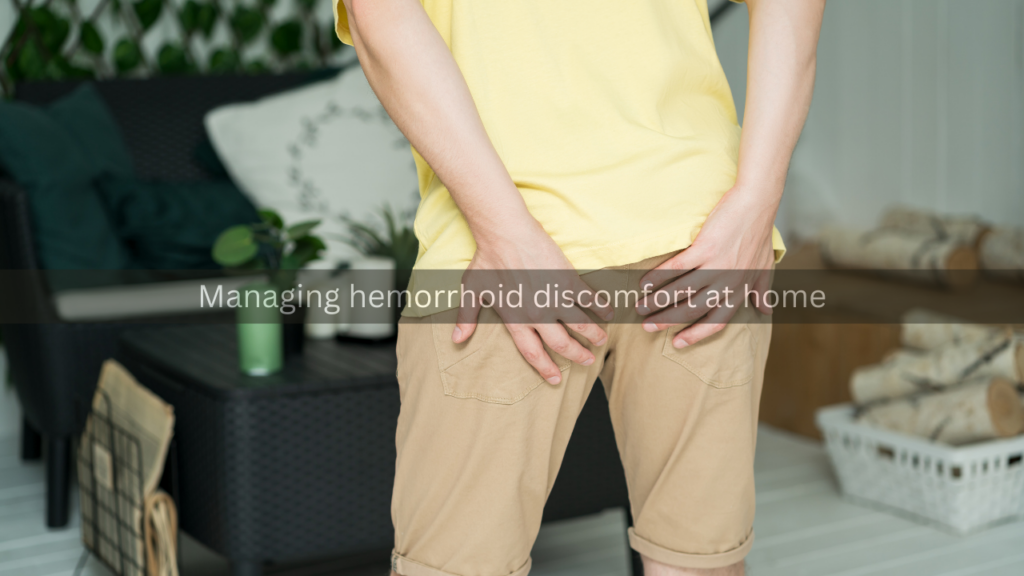
Hemorrhoids can be an uncomfortable and distressing condition, but over-the-counter (OTC) treatments can provide effective relief for many people. These treatments are designed to alleviate symptoms such as pain, itching, and swelling, and can be a valuable part of managing hemorrhoids. Here’s a guide to the best OTC treatments available for hemorrhoid relief.
1. Topical Creams and Ointments
Topical creams and ointments are among the most commonly used OTC treatments for hemorrhoids. They can provide temporary relief from symptoms by reducing inflammation, numbing the affected area, and soothing irritation. Some popular options include:
- Hydrocortisone Creams: Hydrocortisone is a corticosteroid that helps reduce inflammation and itching. Over-the-counter hydrocortisone creams, typically containing 1% hydrocortisone, are effective for managing mild to moderate hemorrhoid symptoms. They should be used as directed and not for prolonged periods without medical advice.
- Witch Hazel: Witch hazel is a natural astringent that can help reduce swelling and discomfort. It is available in various forms, including creams and pads. Witch hazel works by constricting blood vessels and decreasing inflammation, making it a soothing option for external hemorrhoids.
- Lidocaine Creams: Lidocaine is a local anesthetic that provides temporary relief from pain and itching by numbing the affected area. Lidocaine creams are useful for immediate relief of hemorrhoid-related discomfort.
2. Hemorrhoid Pads and Wipes
Hemorrhoid pads and wipes are convenient for on-the-go relief and can be particularly soothing after bowel movements. They often contain soothing ingredients such as witch hazel, aloe vera, or vitamin E. These products can help:
- Reduce Itching and Discomfort: Pads and wipes can alleviate itching and discomfort by providing a cooling effect and reducing inflammation.
- Promote Hygiene: They help maintain cleanliness and prevent further irritation, especially for those with sensitive skin.
It’s important to choose products that are free of alcohol and fragrances to avoid additional irritation.
3. Stool Softeners
Stool softeners are not topical treatments but can be very effective in preventing and managing hemorrhoids by easing bowel movements. Constipation and straining during bowel movements are common triggers for hemorrhoids, so keeping stools soft is crucial. Some common stool softeners include:
- Docusate Sodium: This is a popular OTC stool softener that works by increasing the amount of water in the stool, making it easier to pass. It is gentle on the digestive system and effective for relieving constipation-related hemorrhoid symptoms.
- Psyllium Fiber Supplements: Psyllium is a soluble fiber that helps to bulk up and soften stools. Taking psyllium supplements can promote regular bowel movements and reduce the need for straining, which can help prevent hemorrhoid flare-ups.
4. Suppositories
Hemorrhoid suppositories are designed to be inserted into the rectum, where they can provide localized relief for internal hemorrhoids. These suppositories often contain ingredients such as:
- Hydrocortisone: Similar to topical creams, hydrocortisone suppositories help reduce inflammation and itching inside the rectum.
- Astringents: Some suppositories contain astringent agents that help shrink swollen tissues and reduce discomfort.
Suppositories can be particularly useful for managing internal hemorrhoid symptoms and are usually used in conjunction with other treatments.
5. Epsom Salts
Epsom salts are not an OTC medication per se, but they are a popular home remedy that can provide relief from hemorrhoid symptoms. Dissolving Epsom salts in warm water and using it as a sitz bath can help:
- Reduce Swelling: The magnesium sulfate in Epsom salts has anti-inflammatory properties that can reduce swelling and discomfort.
- Sooth Irritation: Warm sitz baths with Epsom salts can provide relief from itching and help cleanse the affected area.
Conclusion
Over-the-counter treatments for hemorrhoid relief offer a range of options for managing symptoms effectively. From topical creams and ointments to stool softeners and hemorrhoid pads, these treatments can help alleviate discomfort and improve your quality of life. It’s important to follow the instructions on the product labels and consult with a healthcare provider if symptoms persist or worsen. By combining OTC treatments with lifestyle changes, you can effectively manage and prevent hemorrhoid flare-ups.




